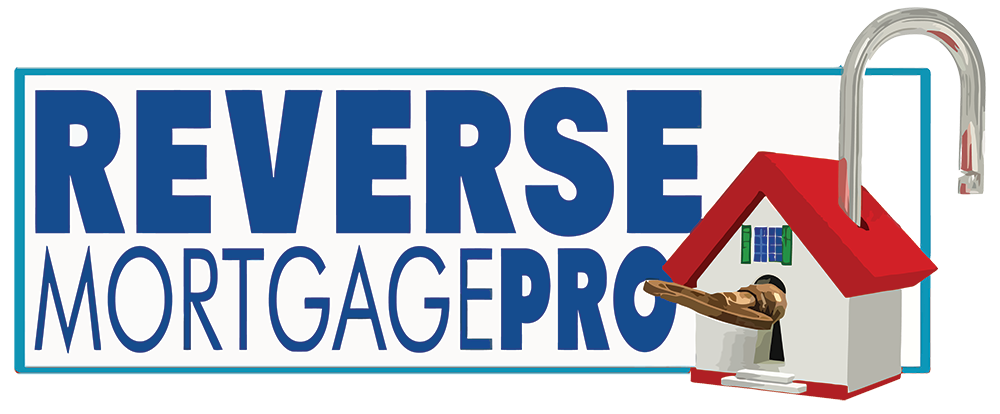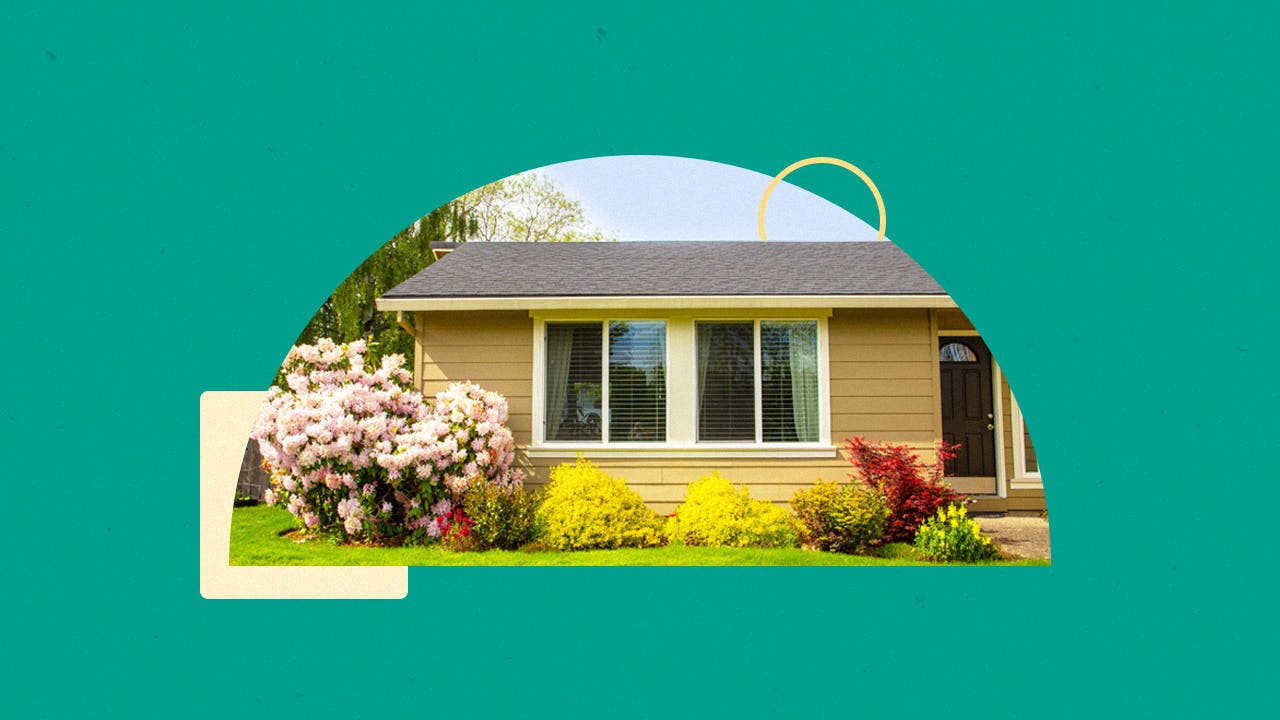Empower Your Retired Life: The Smart Means to Purchase a Reverse Home Loan
As retirement methods, many people seek reliable methods to improve their financial freedom and wellness. Amongst these approaches, a reverse home mortgage emerges as a feasible option for home owners aged 62 and older, enabling them to take advantage of their home equity without the necessity of month-to-month payments. While this economic tool uses several advantages, including raised cash circulation and the prospective to cover essential expenditures, it is vital to recognize the details of the application procedure and key factors to consider entailed. The next steps might expose exactly how you can make an educated decision that can dramatically impact your retired life years.
Recognizing Reverse Mortgages
Comprehending reverse home loans can be important for home owners seeking economic flexibility in retirement. A reverse home loan is a monetary item that enables qualified homeowners, typically aged 62 and older, to convert a section of their home equity right into cash money. Unlike standard mortgages, where debtors make monthly payments to a lending institution, reverse home loans allow homeowners to obtain repayments or a swelling sum while maintaining possession of their residential or commercial property.
The quantity offered with a reverse mortgage depends on a number of aspects, consisting of the homeowner's age, the home's value, and existing interest prices. Importantly, the car loan does not have to be paid back till the property owner markets the home, vacates, or passes away.
It is vital for possible borrowers to recognize the implications of this monetary item, consisting of the effect on estate inheritance, tax obligation considerations, and ongoing obligations associated to building upkeep, tax obligations, and insurance coverage. Additionally, counseling sessions with accredited experts are frequently required to ensure that consumers fully understand the terms and conditions of the financing. Generally, a comprehensive understanding of reverse mortgages can encourage house owners to make enlightened decisions about their economic future in retirement.
Benefits of a Reverse Home Loan
A reverse mortgage provides numerous compelling benefits for qualified property owners, especially those in retirement. This economic device permits senior citizens to transform a part of their home equity right into cash, giving essential funds without the demand for month-to-month home mortgage payments. The money obtained can be utilized for various functions, such as covering medical costs, making home enhancements, or supplementing retirement earnings, thus improving overall economic versatility.
One substantial advantage of a reverse home loan is that it does not require settlement up until the homeowner leaves, sells the home, or passes away - purchase reverse mortgage. This function allows senior citizens to preserve their way of living and meet unexpected costs without the problem of month-to-month settlements. Additionally, the funds gotten are generally tax-free, allowing house owners to utilize their cash money without worry of tax obligation effects
Furthermore, a reverse mortgage can provide tranquility of mind, recognizing that it can function as an economic safety and security net throughout challenging times. House owners additionally keep ownership of their homes, ensuring they can proceed residing in a familiar setting. Ultimately, a reverse mortgage can be a calculated financial source, empowering retired people to manage their financial resources properly while appreciating their golden years.
The Application Refine
Browsing the application procedure for a reverse home mortgage is an essential step for property owners considering this financial choice. The initial stage includes assessing qualification, which usually needs the house owner to be at the very least 62 years old, very own the residential or commercial property outright or have a low home mortgage equilibrium, and inhabit the home as their primary house.
As soon as qualification is validated, home owners need to undergo a counseling session with a HUD-approved therapist. This session makes sure that they totally recognize the effects of a reverse mortgage, including the obligations involved. purchase reverse mortgage. After finishing counseling, candidates can continue to gather essential paperwork, consisting of evidence of income, assets, and the home's worth
The next action requires sending an application to a loan provider, who will assess the economic and residential property credentials. An assessment of the home will certainly additionally blog be performed to establish its market price. If approved, the loan provider will provide funding terms, which ought to be reviewed very carefully.
Upon approval, the closing procedure follows, where final files are signed, and funds are paid out. Recognizing each stage of this application procedure can significantly improve the house owner's self-confidence and decision-making pertaining to reverse home mortgages.

Secret Factors To Consider Prior To Getting
Investing in a reverse mortgage is a significant monetary choice that requires mindful factor to consider of several crucial factors. Recognizing your qualification is important. Property owners should be at the very least 62 years old, and the home must be their key home. Assessing your financial needs and objectives is similarly important; establish whether a reverse home loan aligns with your lasting strategies.

A reverse home mortgage can affect your eligibility for specific government benefits, such as Medicaid. By completely examining these factors to consider, you can make a more educated decision regarding whether a reverse home mortgage is the best financial method for your retired life.
Maximizing Your Funds
Once you have actually protected a reverse mortgage, properly handling the funds becomes a concern. The adaptability of a reverse home loan enables homeowners to utilize the funds in different methods, however tactical planning is vital to optimize their benefits.
One essential strategy is to create a budget that describes your regular monthly costs and economic objectives. By determining needed costs such as healthcare, residential or commercial property tax obligations, and home upkeep, you can allocate funds as necessary to ensure long-lasting sustainability. Furthermore, consider making use of a part of the funds for financial investments that can produce earnings or appreciate over time, such as dividend-paying stocks or mutual funds.
Another essential facet is to keep an emergency fund. Alloting a book from your reverse mortgage can aid cover unforeseen prices, providing tranquility of mind and economic stability. Seek advice from with an economic expert to discover feasible tax implications and just how to integrate reverse mortgage funds right into your overall retired life approach.
Eventually, prudent administration of reverse mortgage funds can improve your monetary protection, enabling you to appreciate your retirement years without the stress of monetary uncertainty. Mindful planning and notified decision-making will make certain that your funds web work efficiently for you.
Final Thought
In final thought, a reverse home loan presents a viable monetary method for senior citizens seeking to enhance their retired life experience. By transforming home equity right into obtainable funds, individuals can deal with necessary expenditures and protected Discover More added financial resources without sustaining regular monthly payments.
Comprehending reverse home mortgages can be critical for property owners seeking economic versatility in retired life. A reverse mortgage is a financial item that enables eligible property owners, usually aged 62 and older, to convert a part of their home equity right into cash. Unlike standard mortgages, where debtors make month-to-month payments to a lender, reverse home mortgages allow home owners to obtain settlements or a swelling sum while maintaining ownership of their building.
Overall, an extensive understanding of reverse home loans can equip property owners to make enlightened decisions regarding their economic future in retirement.
Seek advice from with a monetary advisor to check out possible tax ramifications and how to incorporate reverse home loan funds into your overall retirement method.